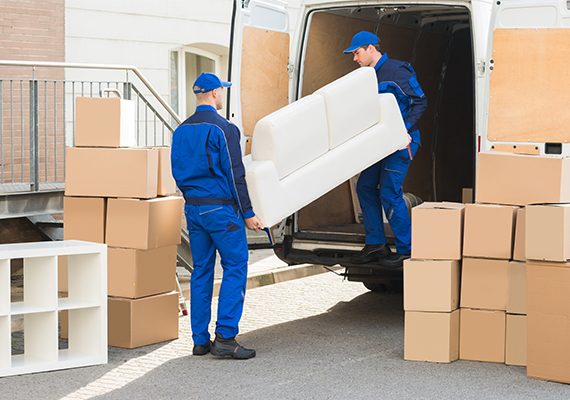-
There are several factors to consider before relocating for a job, the most important being your family and relocation costs. It's a good idea to consider if this is a place that you'll enjoy living in, the cost of living and the state of the job market if you aren't relocating with a job offer lined up.








